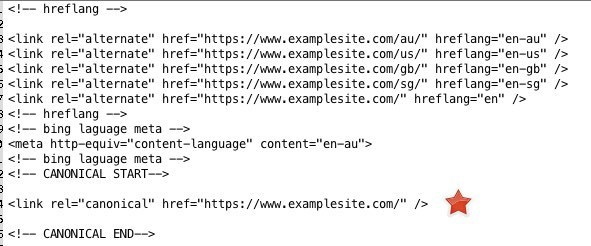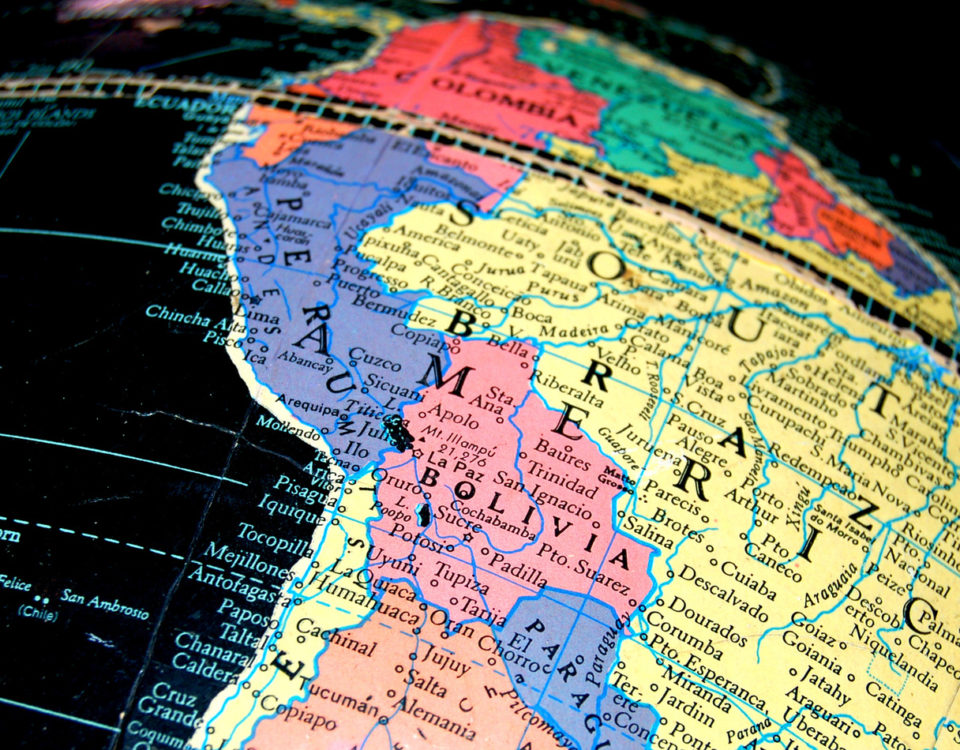HREFLang for Regional Sites
May 1, 2018HREFLang Management for Regional Sites
May 1, 2018HREFLang and Canonical Tags are not the Same Thing
AUGUST 24, 2016 BY BILL HUNT
I see a number of questions and best practice posts every day that seem to think these tags are and do the same thing. They ARE NOT the same and DO NOT do the same thing.
Repeat after me… they are not the same and I cannot treat them as the same.
Repeat after me… Just because I can do something with Canonical Tags does not mean that I can do the same thing with HREFLang tab…
Good – now I feel better that you have that out of your system.
What does a correct Canonical and HREFLang Entry Look like in view source?
This is the most common question I see and the one that has the most incorrect answers on Global SEO Expert sites.
I have a global site www.mysite.com and a UK version of that site at www.mysite.com/uk/
My SEO consultant tells me I need to use canonical tags and HREFLang tags, how do I know if they are implemented correctly? Viewing the source on the UK home page www.mysite.com/uk what should my canonical tag and HREFLang tags look like?
The correct application is
Why: You are on the www.mysite.com/uk site and it should canonical to itself. If you added a tracking tag to it www.mysite.com/uk?trackcampaign2 you would want that canonical to tell Search Engines that the “preferred” canonical URL is the root www.mysite.com/uk. Remember what you repeated above, they are not the same and do not do the same thing.
So what does an incorrect implementation look like:
INCORRECT application
If you see it coded this way, you might as well not even have the UK homepage as it will disappear from the search results because you are telling it to USE the global version and NOT the /uk version.
If I use HREFLang tags on a page MUST I HAVE a canonical?
NO
Why Not. Not saying you cannot use them but they are NOT required. See below for when and how to use them correctly.
Can I use Canonicals on my site if I have HREFLang Elements?
YES
Why? If you have any of the conditions that require or benefit from using a canonical tag. Using them because you have different language versions of your pages IS NOT a valid reason to use them. Using them to remove duplicate pages due to tracking tags, parameters, http and https versions then use them.
Do I make the canonical on my country pages point to the master site?
NO – Never
Why Not: Ask the question again out loud… If you add a canonical to a global or master page on a local page, that page will be dropped from the search engine because you are saying you prefer the master or global site over this local page. This screen capture shows a site owner on all of their local versions misunderstood how to use the canonical and added a canonical pointing to the global site to all pages. When used the canonical must point to the canonical version of itself.

This was the Australian English page but the canonical says use the global version of the site. In less than a week, ALL pages except for the global site disappeared from Google.
Do my hreflang URL’s have to be full path URL’s?
YES
Why? Unlike canonical tags where Google lets you be lazy, you CANNOT do so on HREFLang elements. The full path accounts for any variations in URL’s and root domains. There is a tweet going around that says it is ok but not documented and in cases where they were relative or protocol-neutral they generated errors in Search Console.
Can I use Protocol-Neutral Links on my HREFLang Elements?
NO –
Why Not: Think about it for a moment, then answer your own question. Protocol-Neutral URL’s tell a browser or search engines this URL works with both HTTP and HTTPS protocols. Protocol-neutral URL’s are what all the cool kids are doing in apps and are adapting them to pages there is not a http or https reference, but just the // and the requestor takes their pick. Google will typically take their pick of the https – but not guaranteed.

Google specifically instructs you not to use the http version in hreflang if you want the https version to be the canonical. If you use this format who knows which they will pick as you are staying both are correct.

Google specifically instructs you not to use the http version in hreflang if you want the https version to be the canonical. If you use this format who knows which they will pick as you are staying both are correct.
You are trying to map a page to another alternate and this creates duplicate references. If that was not good enough reason we have been told a million times to ONLY use 1 version and NEVER use both http and https.
Can the HREFLang Element be used as a canonical to tell search engines which is the preferred version of the page?
NO
As mentioned they are two different tags and have different purposes yet people try to do it. Here is an example of a page that thought they could use the local language HREFLang as a canonical. It resulted in thousands of errors in Search Console.

Is there a way to check my Canonical Tag and HREFLang Tags to make sure they are correct?
YES!
We have integrated this into both the HREFLang Checker and or core HREFLang XML site Map builder.

